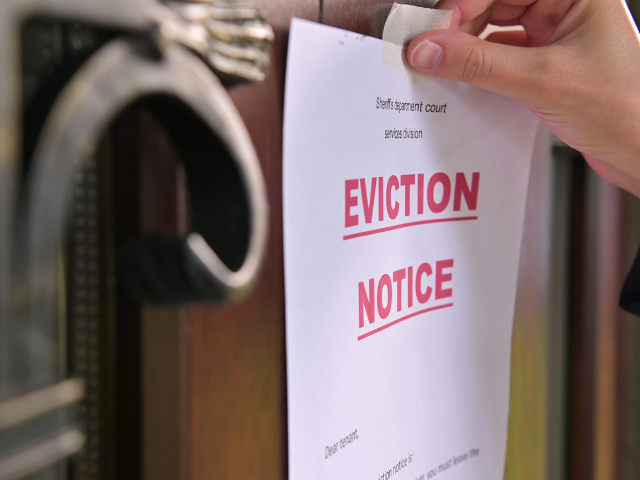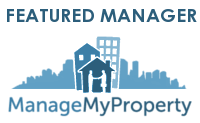In a significant move to safeguard tenants receiving public assistance, Colorado has introduced House Bill 23-1120. This new legislation aims to address the imbalance in eviction proceedings and provide stronger protections for vulnerable tenants. Here’s a breakdown of what this means for Colorado residents:
1. Bridging the Legal Representation Gap
The bill recognizes a stark difference in legal representation between landlords and tenants during evictions. Historically, landlords are more likely to have legal counsel, leaving tenants at a disadvantage. The new law seeks to level the playing field, particularly for those receiving public assistance such as Supplemental Security Income or Social Security Disability Insurance.
2. Mandatory Mediation: A Key Feature
A standout feature of the bill is the introduction of mandatory mediation. Before landlords can proceed with evictions, they must engage in a mediation process with tenants receiving public assistance. This step is crucial in providing a neutral platform for both parties to discuss and potentially resolve disputes without resorting to eviction.
3. Extended Time for Writ of Restitution
The law extends the time before a writ of restitution (an order to vacate) can be executed. This change gives additional time for tenants with disabilities or those on fixed incomes to find new housing, reducing the risk of homelessness.
4. Reporting and Transparency
Starting in 2024, the Judicial Department will report annually on the mediation process. This includes the number of mediations, their outcomes, and costs. This transparency is key in evaluating the effectiveness of the new measures.
5. Fair Housing Practices
Landlords can inquire if a tenant receives public assistance to comply with the new eviction process. However, this cannot be used as a basis for discrimination, ensuring fair housing practices.
6. Rental Agreement Changes
Rental agreements must now include clauses that reflect these new protections. Notably, agreements cannot include waivers for mandatory mediation or clauses that allow landlords to charge tenants for mediation costs.
7. Funding and Urgency
The bill includes funding provisions for the judicial department to implement these changes and emphasizes the urgency of these protections for public safety and welfare.
In summary, House Bill 23-1120 is a progressive step towards protecting Colorado’s most vulnerable tenants. By ensuring fairer eviction processes and providing additional safeguards, the bill aims to reduce homelessness and promote equitable housing practices across the state.



